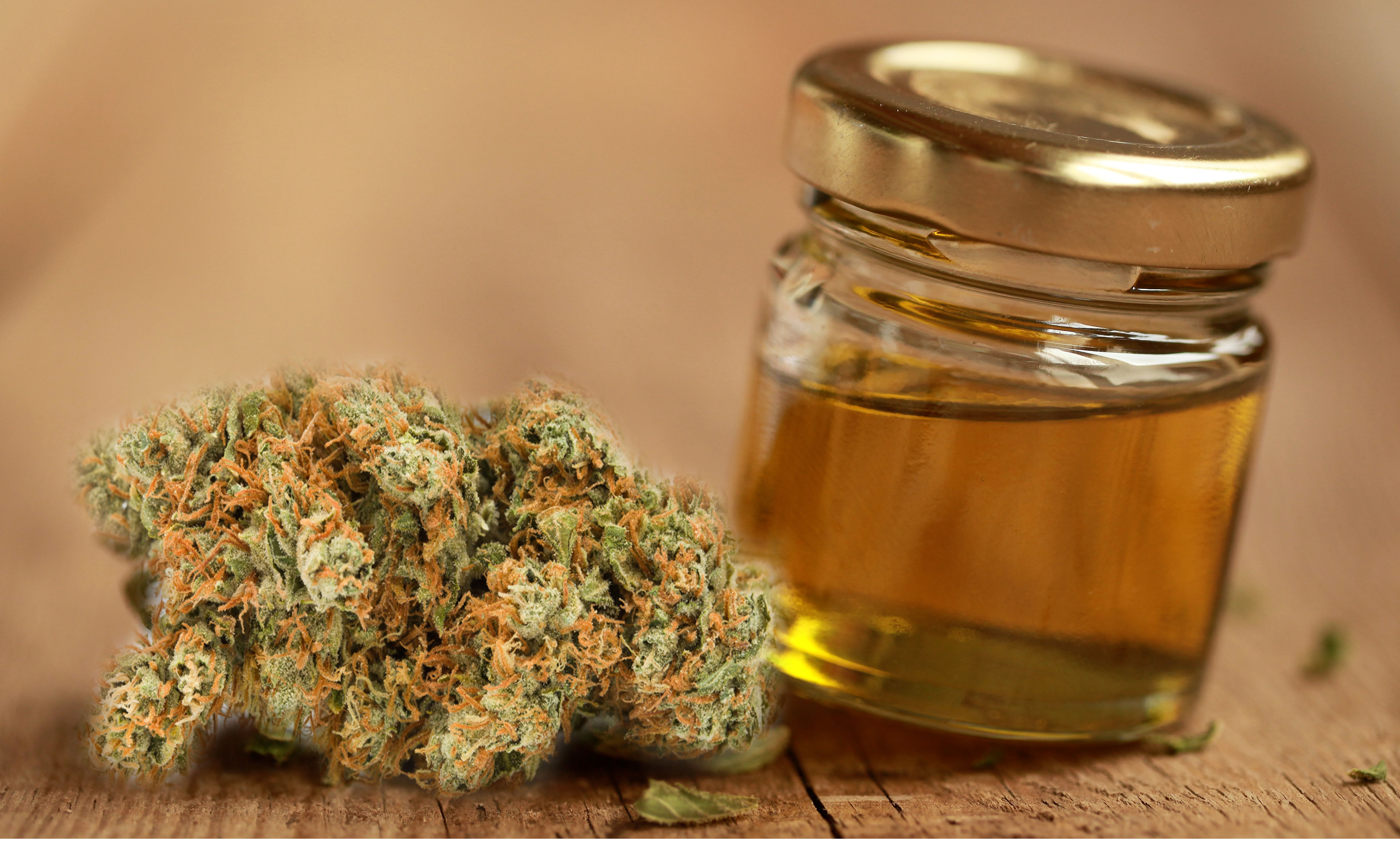"It didn't cure me, however it gave me the opportunity to get the rest I required to recover, and I was able to function at a much higher level than with the pain relievers, which made me awaken foggy every day," he stated. "With marijuana, I can consume it during the night and awaken with a clear head."Marijuana is an especially efficient treatment for individuals who need aid with discomfort management, as well as those with sleep conditions or stress and anxiety; Click to find out more however, "there are hundreds of conditions that it treats," Rinella said.
Medical choices must not be made based upon marketing. Consult a doctor on the advantages and risks of particular medical marijuana items.

The outcomes of an online study, making up 95 individuals, featured in the Journal of Alternative and Complementary Find more information Medicine in 2014. The scientists found that participants preferred indica pressures for pain management, sedation, and sleep while they would go with sativa pressures to improve energy and mood. Concerning discomfort management, participants reported a statistically significant effect when using indica for: It is, however, crucial to keep in mind that this research study had several limitations.
Participants did not use the marijuana in a controlled setting, potentially resulting in distinctions in drug structure, dosage, and effectiveness. Another study examined the use of naturally grown sativa and indica pressures in the treatment of numerous medical conditions. Simply over half of the participants were utilizing marijuana to treat HIV.
The outcomes suggested that indica pressures are more most likely to improve energy and hunger, while both sativa and indica pressures can reduce queasiness to a comparable degree. Marijuana includes substances that might ease discomfort, queasiness, and other signs. The elements of cannabis that a lot of research studies concentrate on for pain relief are cannabidiol (CBD) and tetrahydrocannabinol (THC).
CBDTHC resembles the cannabinoid chemicals that take place naturally in the body. When people consume or breathe in THC, it the brain's cannabinoid receptors. This activates the brain's reward system and minimizes discomfort levels. THC is a psychedelic compound as it binds to cannabinoid receptors and produces a raised frame of mind, called a high.